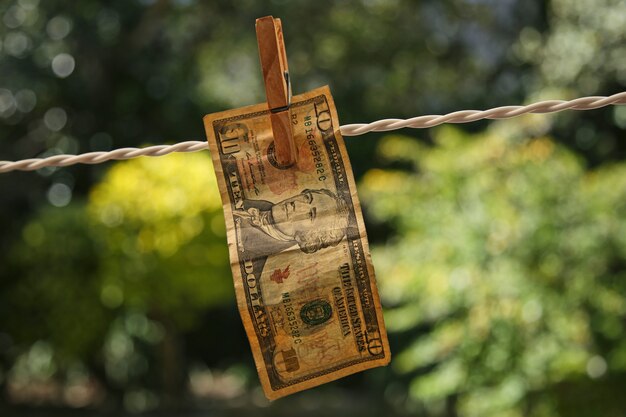
Dan Kent, a writer and co-founder of Stocktrades.ca, has been a DIY investor for eight years. His portfolio includes a mix of dividend, growth, and real estate investments, and he aims to keep growing his net worth.
I’ve never been the type to obsess over saving by pinching pennies. I don’t drive across town just to save a couple of dollars at a different grocery store. In my view, this approach isn’t the best way to achieve financial independence, and it’s not the mindset I’d recommend you adopt either.
Sure, you can save some money this way. There’s a place for careful saving in personal finance, but it shouldn’t be your only focus. Some people save obsessively without realizing that you can’t save your way to retirement.
I learned this early on, and it has served me well. Before I was in my twenties, I invested my money rather than stashing it in a savings account. The companies I invested in are still paying me dividends nearly ten years later.
Millennials are having a tough time with investments and savings. Over 80% don’t have money in the stock market, and more than 60% have saved nothing for retirement. We can blame various factors like poor economic conditions, high housing prices, and misconceptions about stock market risks. But we have to deal with the cards we’re dealt and push through.
I wasn’t born into a wealthy family. In fact, when I bought my first home, the market was near its peak, and I was earning the lowest wage of my career. I want to share my story of how I’ve succeeded up to this point and my plans for future success.
This isn’t another how-to-save-money article. You can figure that out on your own. Instead, I’ll tell you how to make your money work for you.
My Investment Philosophy Between Ages 18-21
I’ve read many investment books, especially by Peter Lynch, who claims that owning a home is the best investment you’ll ever make. This was more true before the housing market inflated, but it’s still important to own your home if you can.
I started saving for a home in Canada using my RRSPs, similar to a 401k in the U.S. The best part is that you can withdraw money tax-free for a mortgage. My company matched up to 4% of my RRSP contributions, so I decided to allocate 14% of my income, letting my company cover the additional 4%. I started as an apprentice electrician making $16.50 an hour, or about $33,000 a year. By year’s end, I had around $6,000 in my RRSP and figured I would have enough for a down payment after two years.
I kept my expenses low by renting a house with multiple roommates and not owning a car. Although I wasn’t extremely frugal, I avoided consumer debt, always paying off my credit cards and line of credit.
My biggest advice for this age group is to save as much as you can from each paycheck. Money saved in your early years grows significantly by the time you retire. You don’t need a high income to save; it just takes discipline and some smart choices.
My Investment Philosophy Between Ages 21-25
By the time I turned 21, I had enough saved in my RRSPs and investment account for a down payment on my first home. Instead of dreaming of a perfect starter home, I focused on whether its value matched the market and if the rooms were rentable. With the help of a good real estate agent, I bought a three-bedroom condo and rented out two rooms to cover my mortgage. This allowed me to live practically for free and continue saving.
I continued to max out my TFSA (similar to a Roth IRA) contributions and added to my RRSPs for early retirement. I immersed myself in investment knowledge, focusing on the stock market, which isn’t as risky as many believe.
My Investment Philosophy Between Ages 25-28
By 25, I had a comfortable nest egg. Instead of coasting, I bought a second home and rented out my first property. The rental income covered about 30% of my new mortgage, allowing me to save more while building equity in two properties. Now, I focus on a mix of dividend-paying and high-growth stocks, avoiding overly risky investments like penny stocks.
Future Plans and Financial Independence
I’ve seen many stories of people who saved every penny to retire by 40, but that’s not my approach. Financial independence doesn’t require extreme measures. The key is knowledge, patience, and the discipline to live within your means. Avoid debt, only buy what you can afford, and invest your money wisely.
In summary, this article aims to help you increase your net worth and guide you to a better financial life. You don’t need to invest in property or take on significant risks. The main point is to spend wisely, avoid debt, and learn how to make your money work for you.